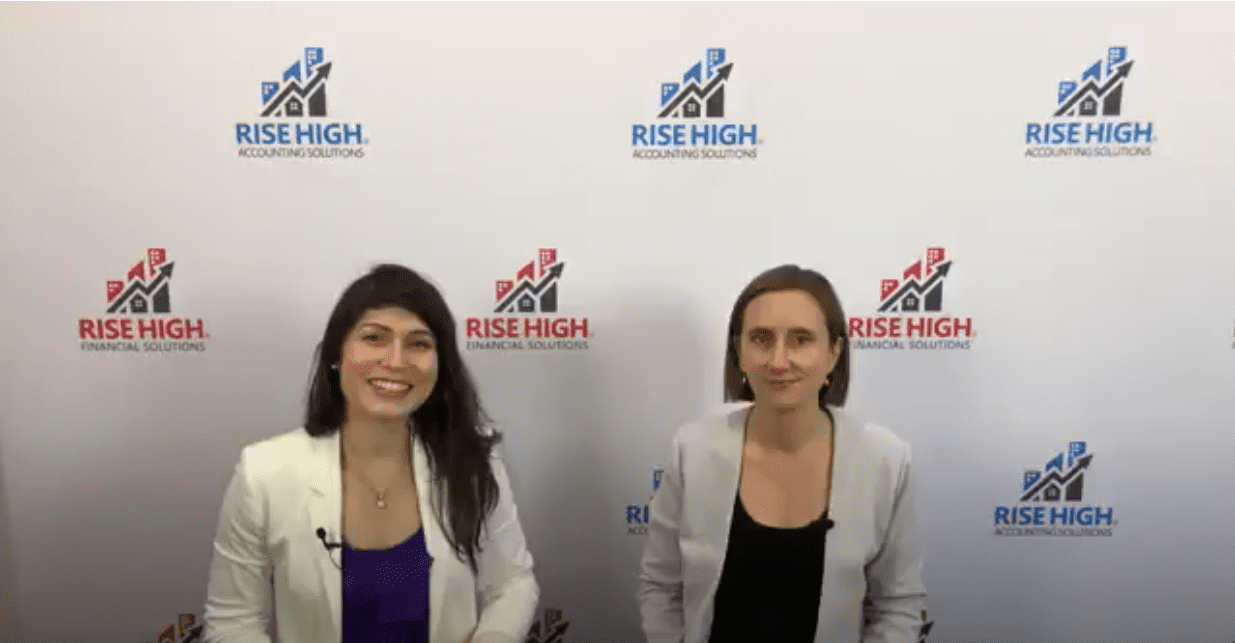Are you thinking about purchasing a new property or your dream home? There might be a wide variety of fees associated with your loan which you might not have considered yet. Lenders Mortgage Insurance (LMI, for short) is one of these! Our experts are here to tell you everything about it.
What is Lenders Mortgage Insurance (LMI)? How does it work?
Lenders Mortgage Insurance (LMI) is a premium borrowers have to pay when the loan-to-value ratio of their mortgage exceeds 80%. Basically what this means is, that the borrowing amount you are after is 80% or higher than the value of the property you are intending to buy.
Although most people believe Lenders Mortgage Insurance (LMI) protects you as the borrower, this fee was actually created to protect the bank! It provides them with security in the case that you might default your loan.
Thus, by charging this fee your lender is protected against potential losses that could result from being unable to recover the full amount of your home loan or investment property loan.
How much is LMI? How is Lenders Mortgage insurance calculated?
The value you will have to pay in Lenders Mortgage Insurance (LMI) is affected by three main factors:
- the purchase price of your property
- the deposit you put towards that property
- the loan to value ratio (LVR) of your mortgage
Consequently, a higher LVR will most definitely result in a higher Lenders Mortgage Insurance (LMI) fee.
Usually, the increase in your Lenders Mortgage Insurance will remain steady when your LVR remains between 80 and 90%., however, you might want to keep in mind that once it exceeds 90%, the value of your LMI can really start ramping up! Evaluating these costs with your Rise High Broker can ensure you get the best value for money! Maximising your borrowing capacity.
Is LMI tax-deductible?
If the property you are looking to purchase will be an investment property, the answer is yes! Lenders Mortgage Insurance can be tax-deductible and can be depreciated over the first 5 years after the property’s purchase.
Additional good news for property investors? You are usually able to claim the interest paid on the amount you borrow, to pay your Lenders Mortgage Insurance. Consulting a tax accountant will provide you with specific advice that applies to your personal circumstances.
Is Lenders Mortgage Insurance a one-off payment? Can it be added to your loan?
As opposed to normal insurance policies, the payment of LMI is a one-off payment. This fee is deducted at the time of settlement and usually added up to the total loan amount.
Can LMI be refunded?
Unfortunately, no, once LMI has been paid you won’t be able to get a refund on this fee.
Additionally, if you are considering refinancing your loan with a new lender you might want to keep in mind that LMI might be payable again if at the time of refinancing your Loan to Value Ratio remains above 80%.
If conversely, you are looking to increase the value of your loan and wish to stay with the same lender, you might not have to pay as much in Lenders Mortgage Insurance, as the lender will have already been protected against potential losses.
Working closely with your Mortgage Broker can ensure that you make the right decision for your needs!
When should you consider paying for Lenders Mortgage Insurance (LMI)?
There are a few scenarios in which paying for Lenders Mortgage Insurance can actually be a great idea.
For instance, if you are a first home buyer trying to enter the housing market, paying LMI can be beneficial considering how difficult it might be to save up a 20% deposit on top of stamp duty and other costs associated with the purchase of your first home. Saving up for an LMI can help you stop paying for rent, so you can allocate your hard-earned money towards your mortgage.
Keen to learn more about Lenders Mortgage Insurance (LMI)? Let us help!
Ultimately, working with an award-winning mortgage broker who has your best interest at heart will allow you to make the best decision when it comes to planning the purchase of your next property. Keen to get personalised advice specific to your circumstances? Get in touch with us by leaving your details below, or explore our website to learn more about home loans, construction loans and property investment loans! We would love to help!


